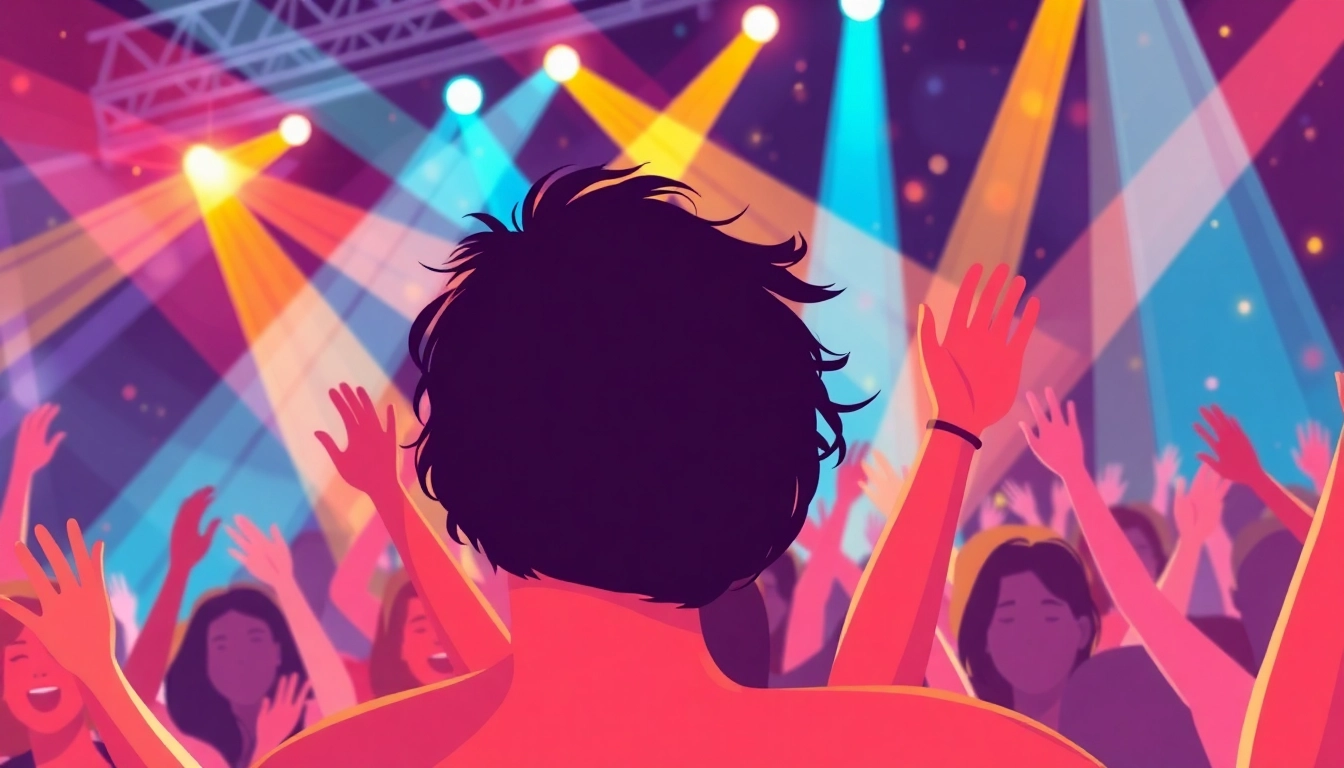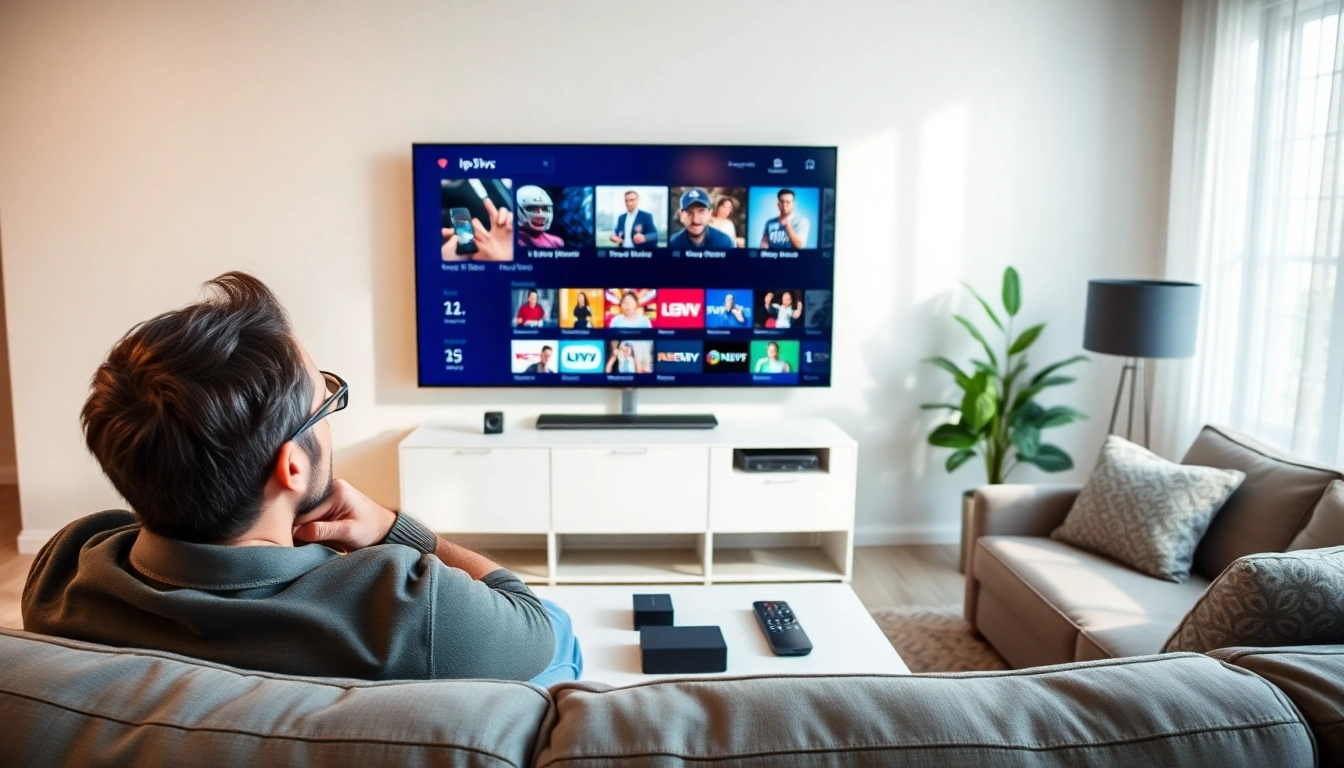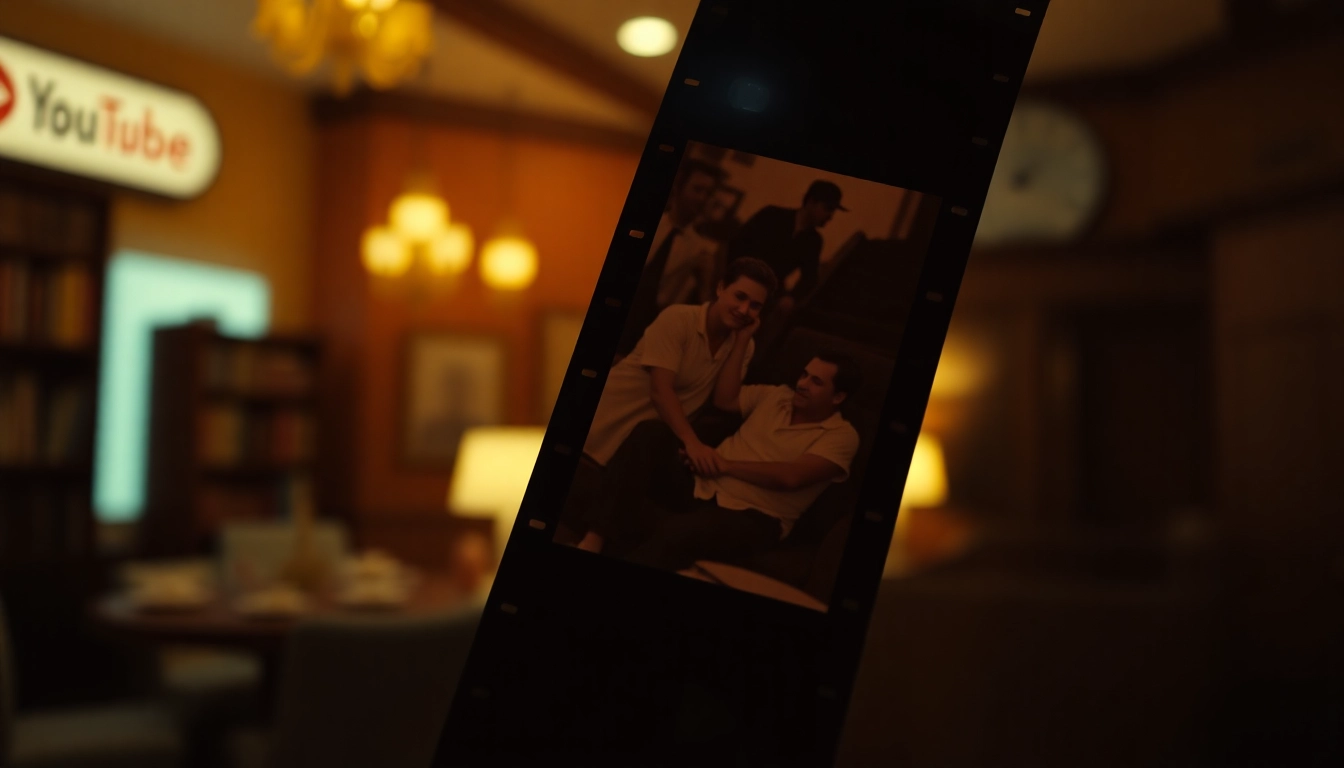Live music has a unique ability to create lasting connections and foster a sense of community among fans. With thousands of events taking place across the globe each year, understanding Live Music Fans is crucial for artists, event organizers, and venues looking to provide unforgettable experiences. This comprehensive guide will delve into the factors that define this passionate demographic, the challenges they face, and strategies to enhance their live music experiences. We will explore how to structure events, leverage technology, market effectively, and ultimately build a thriving community around live music.
Understanding Live Music Fans’ Preferences
Defining the Live Music Fan Demographic
Live music fans come from various backgrounds, age groups, and cultures, contributing to a rich tapestry of preferences and expectations. While it’s tempting to generalize this demographic, breaking it down reveals essential traits that can guide marketing strategies and event planning. Common categories include:
- Age Groups: Young adults aged 18-35 often dominate the crowd, but there is also a significant presence of older fans who value nostalgia and the experience of seeing iconic artists live.
- Genre Preferences: Beyond just ‘music fans’, preferences vary widely. Rock enthusiasts may seek larger venues, while jazz lovers often appreciate intimate settings with a strong acoustic focus.
- Geographic Distribution: Urban areas typically attract more live music events, while rural locations might focus on local bands, thus fostering different fan bases.
- Engagement Styles: Some fans prefer passive experiences like soaking in the ambiance, whereas others actively participate through dancing, singing, or social media engagement during events.
What Drives Passion for Live Music Experiences?
Understanding what fuels the passion for live music is key to enhancing the fan experience. Some primary motivations include:
- Emotion and Connection: Live music offers an emotional release and a shared experience with others. Fans often attend concerts to feel connected to the artist and fellow audience members.
- The Live Experience: There is an undeniable energy in a live performance. The thrill of spontaneity, live vocals, and instrumental improvisations contribute to a one-of-a-kind experience.
- Social Interaction: Concerts serve as social events where friends gather to share their favorite artists, thus blending music enjoyment with social engagement.
- Discovery and Exploration: Fans often seek new music and artists through live performances, helping them expand their musical horizons while supporting emerging talent.
Common Challenges Faced by Live Music Fans
Despite their passion, live music fans encounter various challenges that can diminish their enjoyment:
- Accessibility: Not all fans can afford concert tickets, travel costs, or accommodations, particularly for larger festivals, which can create a barrier to entry.
- Scalability of Events: Large concerts may lead to a crowding issue which can detract from the experience, making it challenging for fans to enjoy performances fully.
- Line-up Changes: Alterations in the line-up or artist cancellations can disappoint fans looking forward to specific performances.
- Technological Limitations: While technology can enhance experiences, it can also lead to issues, such as connectivity problems during streaming events, frustrating fans who want to engage online.
Creating Memorable Concert Experiences
How to Structure Events to Appeal to Live Music Fans
To ensure a memorable experience, event planners must prioritize the structure and flow of concerts. Essential considerations include:
- Curated Line-ups: Strategically selecting complementary acts can elevate the overall experience, providing fans with a diverse yet cohesive musical journey.
- Optimal Venue Choice: Choosing the right venue based on expected attendance, acoustics, and fan preferences is crucial. Factors like access, comfort, and ambiance can significantly impact enjoyment.
- Timing and Duration: Scheduling events at convenient times and ensuring a reasonable duration can help maintain audience engagement without causing fatigue.
Incorporating Unique Features for Enhanced Engagement
To stand out, concerts can integrate various unique elements that enhance fan engagement:
- Interactive Elements: Incorporating interactive technologies like voting for setlists or using mobile platforms for real-time feedback can deepen engagement.
- Thematic Experiences: Creating a theme for the concert can immerse fans, making the event more memorable.
- Special Guest Appearances: Surprise guest performances can generate excitement and enrich the experience.
Strategies for Maximizing Fan Satisfaction
Maximizing fan satisfaction requires attention to detail and feedback collection:
- Post-Event Surveys: Gathering fan feedback through surveys can offer insights for improvement and identify what aspects fans enjoyed the most.
- Customer Support: Ensuring that robust customer support is available before, during, and after events can enhance the overall experience.
- Post-Performance Opportunities: Providing meet-and-greet options or exclusive merchandise can add value for fans and enhance their connection with the artists.
Leveraging Technology for Fan Interaction
Using Mobile Apps to Connect with Live Music Fans
Mobile apps have opened new avenues for engaging live music fans, offering functionalities that enhance concert experiences:
- Event Information: Apps can centralize all necessary event details, including line-ups, schedules, and venue maps, ensuring fans are well-informed.
- Networking Features: Functions that allow fans to connect with each other, share experiences, and even share transportation can enhance community-building.
- Exclusive Content: Offering app users exclusive content, such as behind-the-scenes clips or interviews, can incentivize downloads and increase fan loyalty.
Social Media’s Role in Enhancing Live Experiences
Social media plays a pivotal role in the live music experience:
- Real-Time Interaction: Social media allows fans to share their experiences in real-time, using event-specific hashtags to elevate visibility.
- Community Building: Online groups and pages dedicated to specific genres or artists help fans connect well beyond the live experience, maintaining engagement between events.
- Promotional Opportunities: Artists and promoters can effectively utilize social media to announce tours, new music, and exclusive events, engaging their audience continuously.
Virtual Reality and Live Streaming for Fans
The rise of virtual reality (VR) and live streaming has transformed how fans experience concerts:
- Immersive Experiences: VR technology can create immersive concerts for fans who are unable to attend in person, allowing them to feel present in the venue.
- Global Reach: Live streaming enables artists to reach fans worldwide, but it requires strategic marketing and engagement to ensure satisfaction.
- Interactive Live Streams: Integrating live chat features during streams can enhance fan interaction, making online viewers feel part of an active community.
Marketing to Live Music Fans Effectively
Identifying Key Channels to Reach Music Fans
To effectively market to live music fans, identifying the right channels is essential. Some key platforms include:
- Social Media Platforms: Utilizing Facebook, Twitter, Instagram, and TikTok can effectively engage fans through tailored content and promotions.
- Email Marketing: Building an email list allows for tailored communication directly to fans, informing them about upcoming concerts, releases, and exclusive offers.
- Collaboration with Influencers: Partnering with music influencers can provide access to new audiences, lending credibility and enhancing reach.
Crafting Targeted Messaging for Maximum Impact
Messaging should resonate with the audience’s values and preferences:
- Storytelling: Sharing artist stories or concert experiences can create emotional connections, making promotions more compelling.
- Personalization: Personalized marketing that considers previous attendance or preferences can enhance engagement and conversion rates.
- Visual Content: High-quality images and videos capturing the energy of past events can effectively attract attention and excite potential attendees.
Measuring the Success of Marketing Campaigns
Post-campaign, it’s vital to measure success and understand what worked:
- Analytics Tools: Utilizing tools to track engagement metrics, attendance, and sales can provide insights into fan behavior and preferences.
- Feedback Surveys: Collecting feedback on not only fan satisfaction but also marketing effectiveness can drive future campaign improvements.
- Comparative Analysis: Analyzing successes and failures across different events helps refine strategies and tailor future campaigns for better results.
Building a Community Around Live Music
Creating Platforms for Live Music Fans to Connect
Building a community requires creating platforms where fans can connect and engage:
- Online Forums and Groups: Dedicated online spaces allow fans to discuss music, share opinions on live performances, and form connections over shared interests.
- Fan Events: Organizing pre and post-concert gatherings can bring together fans, strengthening the community feel.
- Collaboration with Local Businesses: Partnering with local cafes, bars, or shops can create a sense of community and enrich the live music experience for attendees.
Encouraging Fan Contributions and Engagement
Encouraging fan contributions fosters a sense of ownership and belonging:
- Contest Entries: Allowing fans to contribute their artwork or music can enrich the community and showcase talent.
- Fan Spotlights: Highlighting fan stories or testimonials in promotions can connect the community, showing appreciation for their loyalty.
- Volunteer Opportunities: Offering fans the chance to volunteer at events can enhance their connection to the experience while providing support to event organizers.
Long-term Benefits of a Loyal Live Music Fan Community
Fostering a loyal community brings numerous long-term benefits:
- Repeat Attendance: Happy fans are more likely to attend future events, leading to sustainable revenue streams for organizers.
- Word-of-Mouth Promotion: Loyal fans often act as brand ambassadors, encouraging others to attend concerts and recommend artists or events.
- Greater Opportunities for Feedback: A solid community provides ongoing feedback avenues, allowing for continuous improvement in fan experiences.













Leave a Reply